CMVIT 2026 Speakers
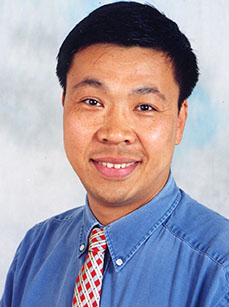
Title of Speech: TBD
Abstract: TBD
Biography: Dr Jixin Ma is a Full Professor of Computer Science (Artificial Intelligence) and the Director of PhD/Postgraduate Research Programme in the School of Computing and Mathematical Sciences at University of Greenwich, U.K. He has been the Director of the Centre for Computer and Computational Science and the Lead of Artificial Intelligence Research Group. Professor Ma is also a Visiting Professor of Beijing Normal University, Hainan University, Anhui University, Zhengzhou Light Industrial University and Macau City University. Professor Ma obtained his BSc and MSc of Mathematics in 1982 and 1988, respectively, and PhD of Computer Sciences in 1994. His main research areas include Artificial Intelligence, Data Science, and Information Systems, with special interests in Temporal Logic, Information Security, Machine Learning, Case-Based Reasoning and Pattern Recognition. Professor Ma has been a member British Computer Society, American Association of Artificial Intelligence, ACIS/IEEE, World Scientific and Engineering Society, and Special Group of Artificial Intelligence of BCS. He has also been the Editor of several international journals and international conference proceedings, Conference/Program Chair, and Invited Keynote Speakers of many international conferences. Professor Ma has published more than 200 research papers in peer-reviewed international journals and conferences.
CMVIT Past Speakers

Prof. Irwin King
The Chinese University of Hong Kong, Hong Kong S. A. R., China
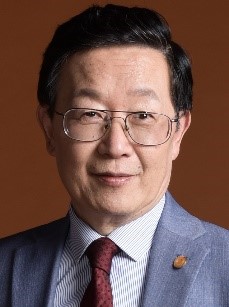
Prof. Yingxu Wang
University of Calgary, Canada
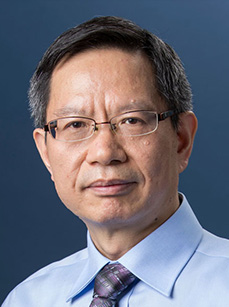
Prof. Cheng-Lin Liu
Institute of Automation of Chinese Academy of Sciences, China
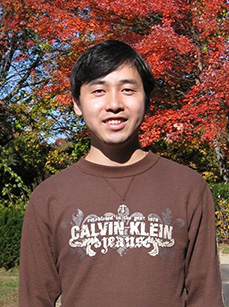
Prof. Qingbo He
Shanghai Jiao Tong University, China
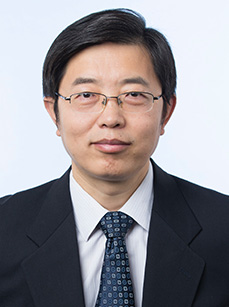
Prof. Dongbin Zhao
Chinese Academy of Sciences, China
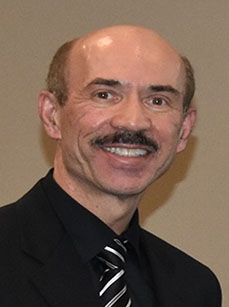
Prof. Shahram Latifi
University of Nevada, Las Vegas, USA
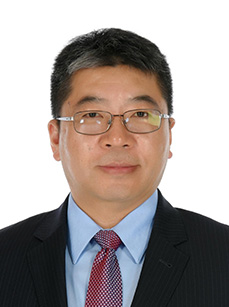
Prof.Shipeng Li
Applied Intelligence Research Institute of Suzhou Industrial Technology Research Institute, China
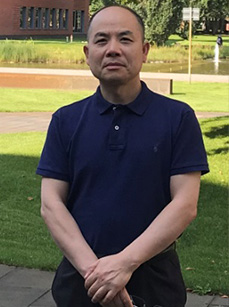
Prof. Yulin Wang
Wuhan University, China
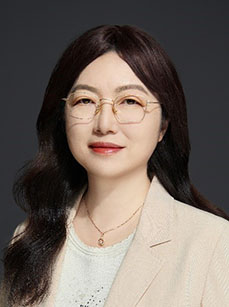
Prof. Yan Yang
Southwest Jiaotong University, China
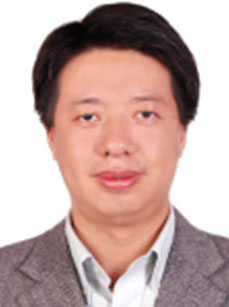
Prof. Jing Zhang
Sichuan University, China
.jpg)
Prof. Peter Han Joo Chong
Auckland University of Technology, New Zealand
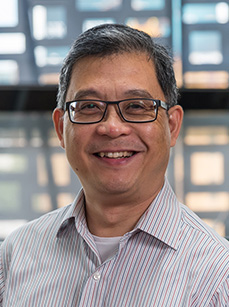
Prof. Guandong Xu
University Technology of Sydney, Australia
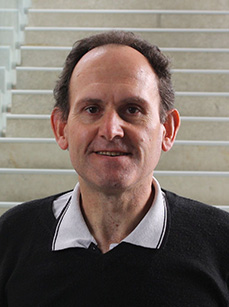
Prof. Donald Bailey
Massey University, Palmerston North, New Zealand
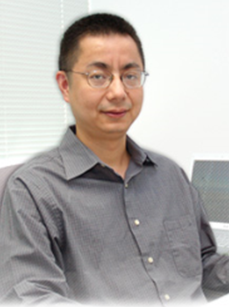
Prof. Yizhou Yu
The University of Hong Kong, Hong Kong S. A. R., China
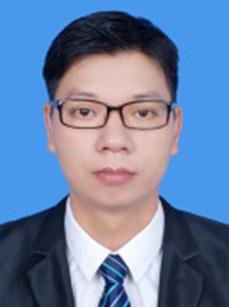
Prof. Jinghui Zhong
South China University of Technology, China
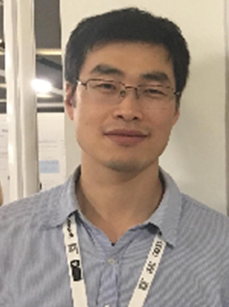
Prof. Zenglin Xu
Harbin Institute of Technology Shenzhen, China
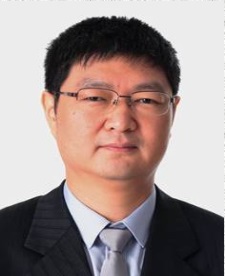
Prof. Lei Zhang
The Hong Kong Polytechnic University, Hong Kong S. A. R., China
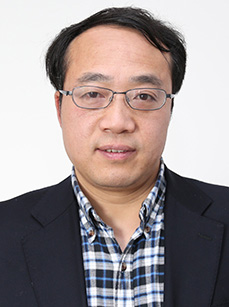
Prof. Zhijun Fang
Shanghai University of Engineering Science, China
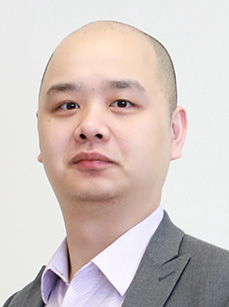
Dr. Haoran Xie
Lingnan University, Hong Kong S. A. R., China
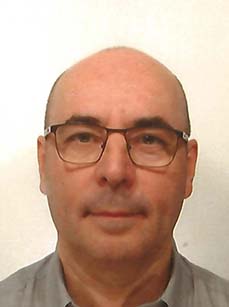
Prof. Marjan Mernik
The University of Maribor, Slovenija
